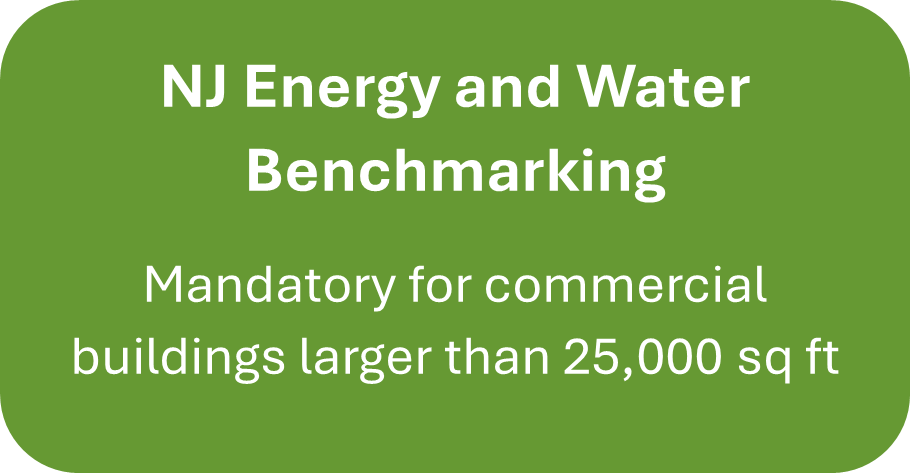Energy Benchmarking
Building benchmarking compares a building’s energy and water performance against buildings of comparable use. Your monthly utility bills are submitted to a US Environmental Protection Agency database through a tool called Portfolio Manager. US EPA calculates a benchmark score of 1 to 100, 100 being the most efficient. By benchmarking and tracking the building performance over time, you can start to understand how to save on operational costs, attract better tenants, and increase the property value of the building.
Building benchmarking compares a building’s energy and water performance against buildings of comparable use. Your monthly utility bills are submitted to a US Environmental Protection Agency database through a tool called Portfolio Manager. US EPA calculates a benchmark score of 1 to 100, 100 being the most efficient. By benchmarking and tracking the building performance over time, you can start to understand how to save on operational costs, attract better tenants, and increase the property value of the building.
New Jersey has two benchmarking programs – one mandatory for commercial buildings larger than 25,000 square feet, which starts in the spring of 2023 and one free and voluntary for all other buildings. The NJ Board of Public Utilities defines “commercial” by your building’s property tax assessment business class – Class 4A Commercial and Class 4C Apartments are the covered classes.
 |
 |






.jpg)
.jpg)

